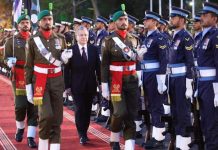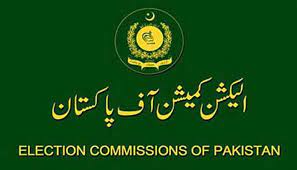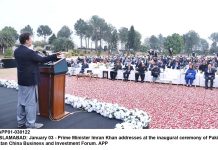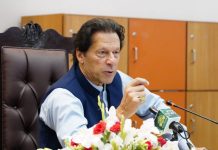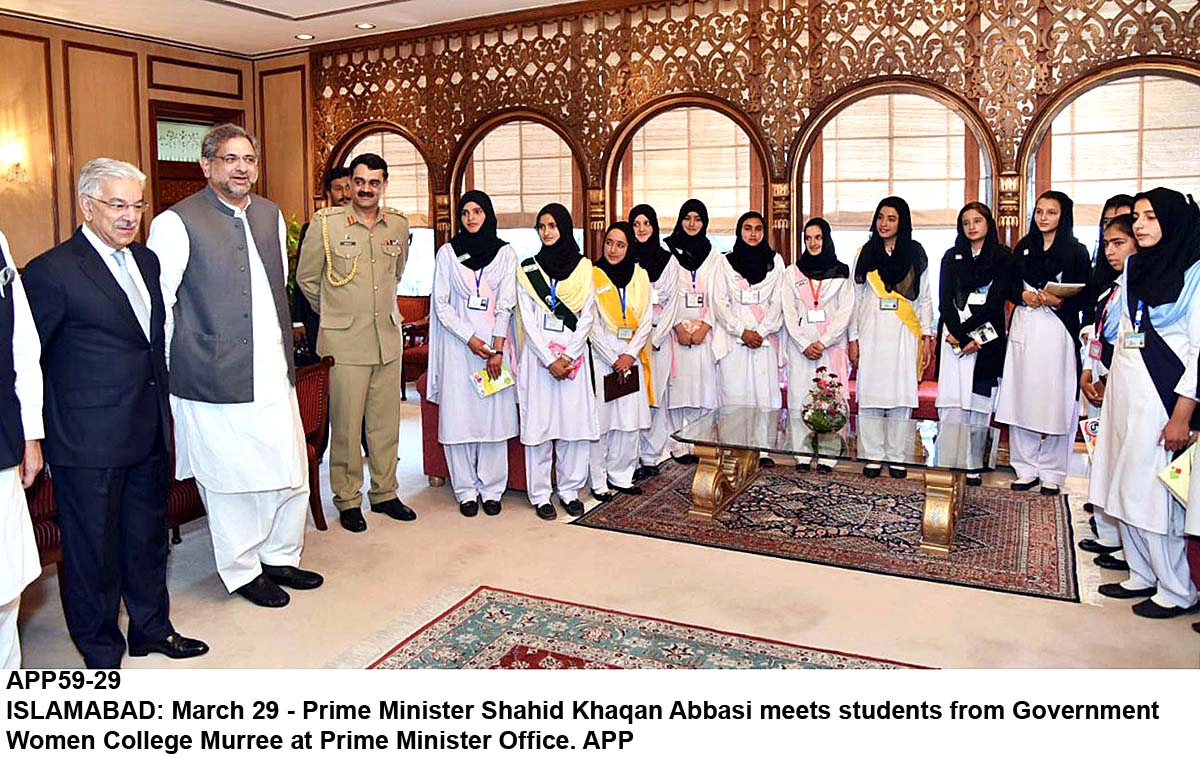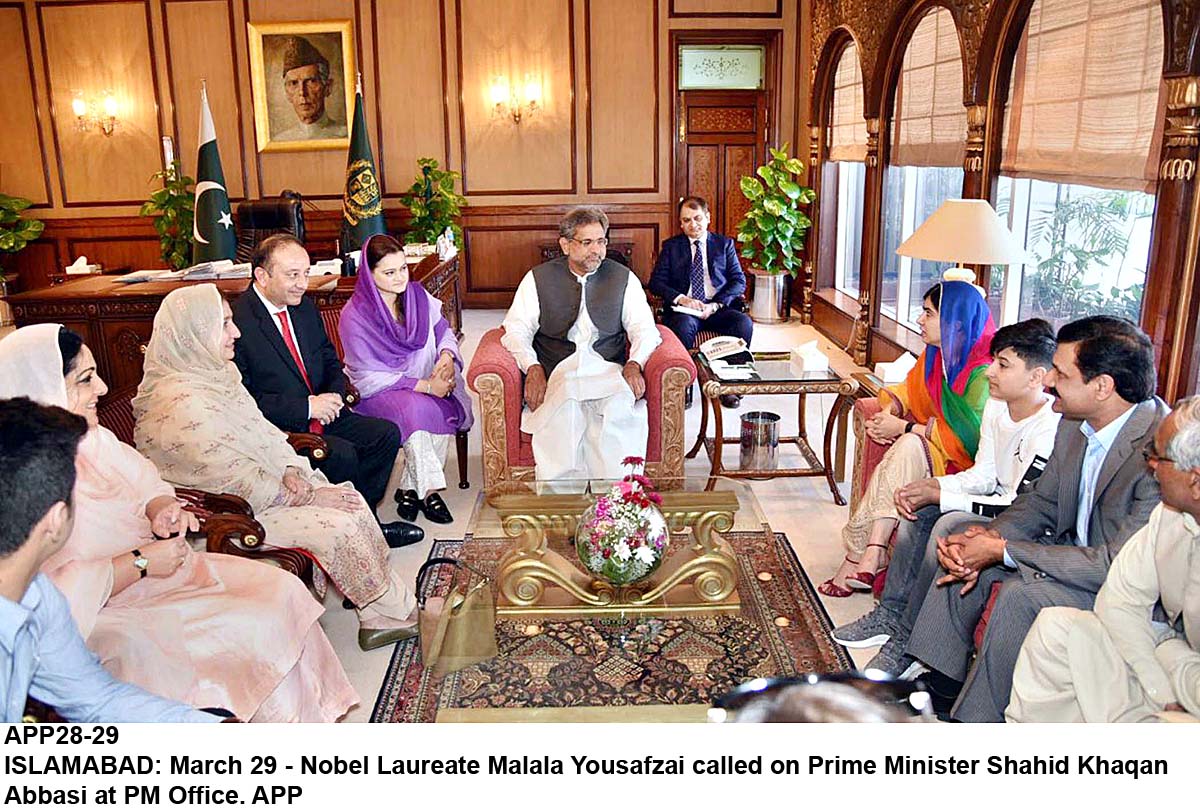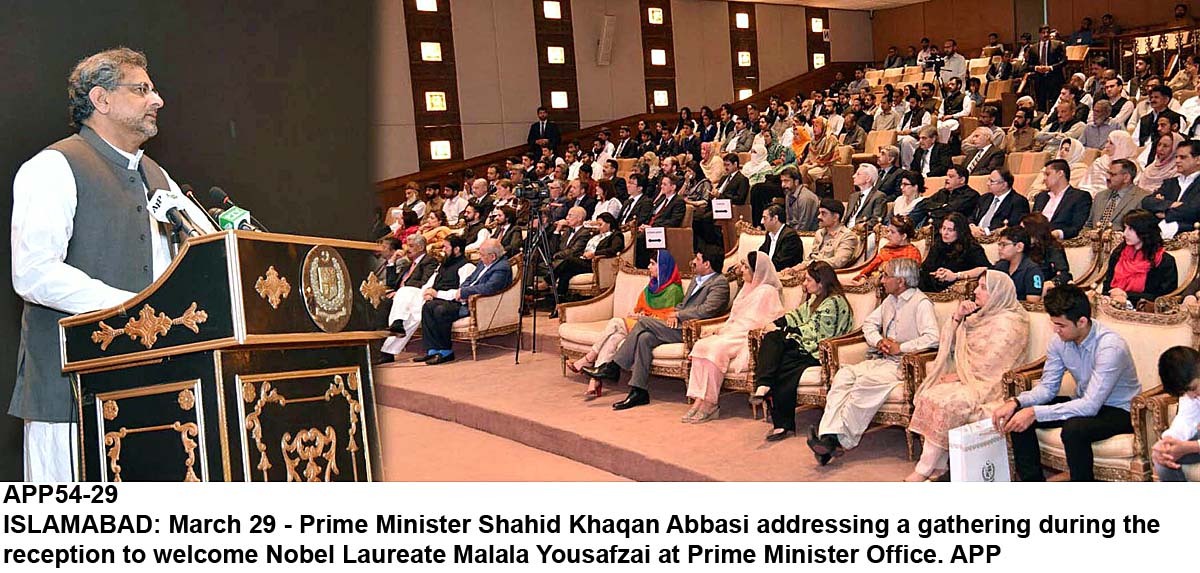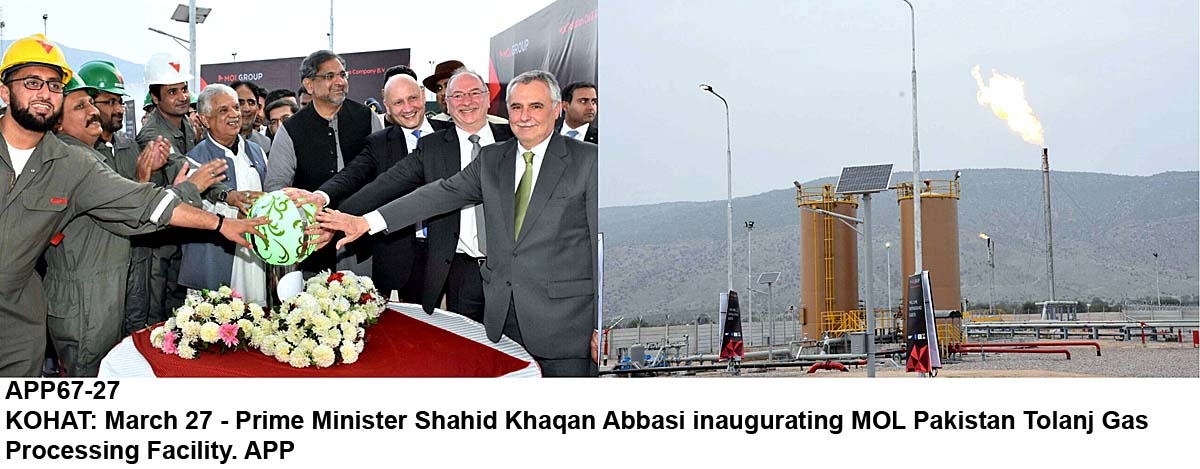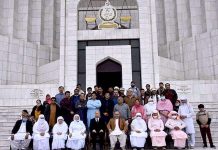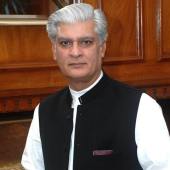ISLAMABAD: The Election Commission of Pakistan (ECP) declared on Friday that it had taken several procedures regarding electronic voting machines (EVMs) even before the legislation was implemented and that it was well aware of its obligations.
A spokesperson of the ECP, referring to some media sections, stated that it was wrong to believe that the Commission was ignoring its responsibilities concerning the use of computerised voting machines.
“In this regard, the Election Commission wants to make it clear that even before the rules of the electronic voting machines, it has been taking various steps regarding the use of technology. Immediately after the related legislation, the Commission formed three committees regarding the technology, which gave a briefing to the Election Commission on their work on December 23, 2021,” he said.
The Commission maintained that purchasing an electronic voting machine was a technical process that required several stages in addition to international tendering, the most important of which was designing a scope of work for the automation of electoral processes, finalising general requirement specifications as per PPRA Rules, preparing technical specifications as per international standards, and identifying required functions, features, and business process flow to purchase an electronic voting machine.
The official stressed the importance of following PPRA rules and international standards when procuring these machines. The statement said that the ECP must also confirm that the machine’s vendor is not specific to that vendor, and third-party testing of the equipment must be undertaken. This equipment can be used to ensure that elections are free and fair. This technique is used by some people, it stated.
The ECP spokesperson said that there is a lack of clarity in this area, which leads to such reckless statements, which are equal to misleading the public, civil society, organisations, and the media.
“In this regard, if anyone needs any kind of explanation, then the doors of the Election Commission are open. None should interfere in the work of the Election Commission and this trend of putting pressure should end. The commission is obliged to discharge its responsibilities and will perform its duties without any pressure,” he said.
2023 elections to be most expensive in Pakistan’s history with the use of EVMs
In a report published earlier, it was stated that with an estimated cost of Rs424 billion to make arrangements for electronic voting for 133 million native voters and 10 million overseas voters, the next general elections will likely be the most expensive ballot in the history of Pakistan.
These are the consolidated estimates that Geo News collected from election regulators, including the ECP, federal and provincial governments, political parties, donors, NGOs and candidates.
According to an estimate given by the ECP, the 2023 polls will cost the federal government roughly 1,000 times more than the last three general elections, which totaled Rs28.6 billion. The employment of electronic voting arrangements for domestic and international voters accounts for a significant portion of the expense.
Moreover, the estimated cost of the upcoming polls is close to the budget allocated for the country’s largest province, Balochistan, for the fiscal year 2021-22, which was Rs584.1 billion.
If the ECP uses the traditional method of balloting, it is predicted that roughly Rs47 billion will be spent on transportation, polling, training, printing, remunerations, and security. According to the primary players, almost Rs230 billion would be spent on EVMs and related expenses, while foreign voting operations are expected to cost Rs100 billion.
The ECP would also have to invest Rs17 billion for security measures, since over 0.9 million security officers will be deployed at polling sites, including around 20,000 private security guards. On election day, about 50,000 CCTV cameras will be installed at voting sites.

